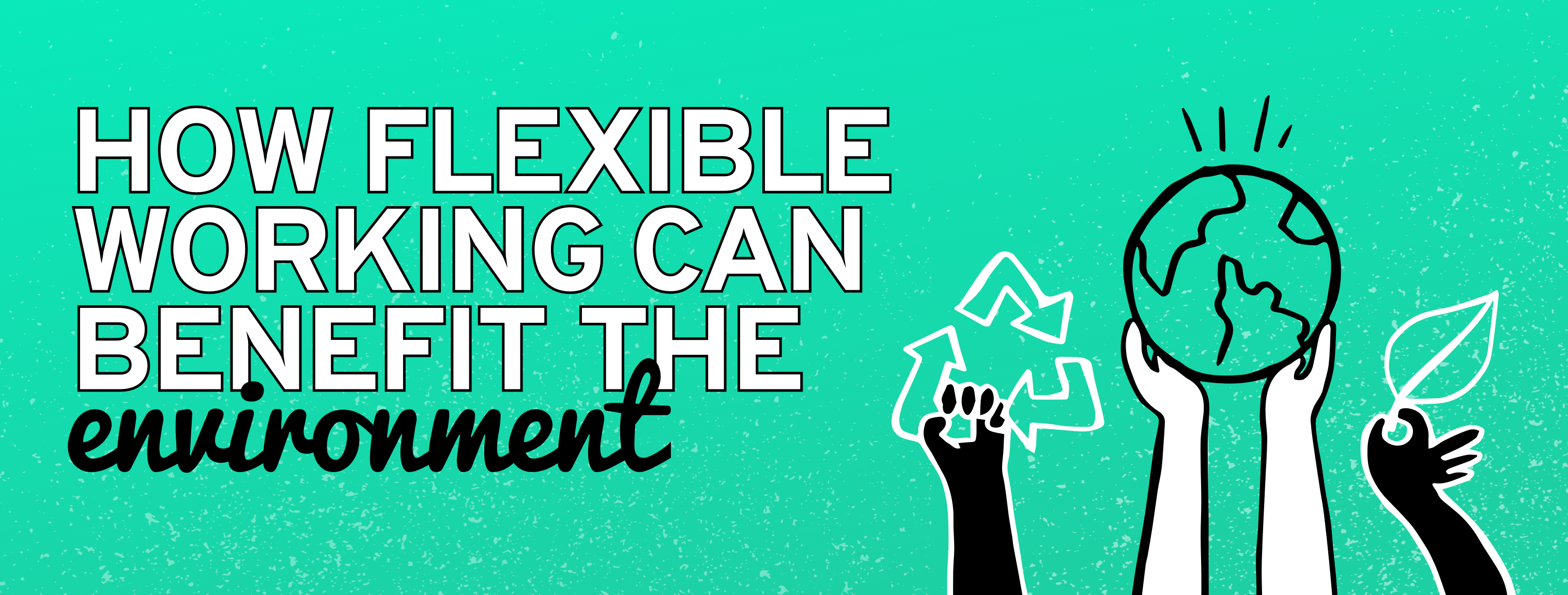How Flexible Working Can Benefit The Environment
16th Jun 2022

In light of national clean air day, we have taken a look at some of the benefits flexible working can have on the environment.
What is national clean air day?
Clean air day is the UK’s largest air pollution campaign. The aim is to improve understanding and build awareness around how air pollution affects the environment and our health.
‘82% of people think that air pollution should be a priority for the UK, an increase of 11% over the last three years’.
How does working flexibly help the environment?
Companies that take into consideration how their business contributes to air pollution show their declaration for sustainability and corporate responsibility. Offering flexible working options is one the things companies could think about. Working flexibly can helps to:
Reduce emissions
With less people commuting to the office every single day there is less traffic and reduced pressure on public transport.
Although cycling to work or walking could potentially be an option this is not always possible for those that live further from the office.
According to the o2 Flexible future of work report, 2020, UK businesses with 1,000 employees could save an average 534 tonnes of CO2 per year, based on employees working from home two days a week.
Improve carbon footprint
Companies create carbon emissions not just from electrical usage such as laptops, computers and internet usage like at home, but also from meeting rooms, lunch rooms and other on site facilities.
Lower energy consumption
According to Business Energy, most businesses use between 15,000 and 25,000 kWh per year, compared to an average UK household which typically uses 2,900 kWh of electricity per year.
Reduce waste
Working in an office can make people more prone to buying food on the go.
Companies are adapting to the use of biodegradable and environmentally friendly packaging. However, there are plenty of products such as meal deals and coffee cups which still contain paper and plastic, it’s easy to see how this can add up over time.